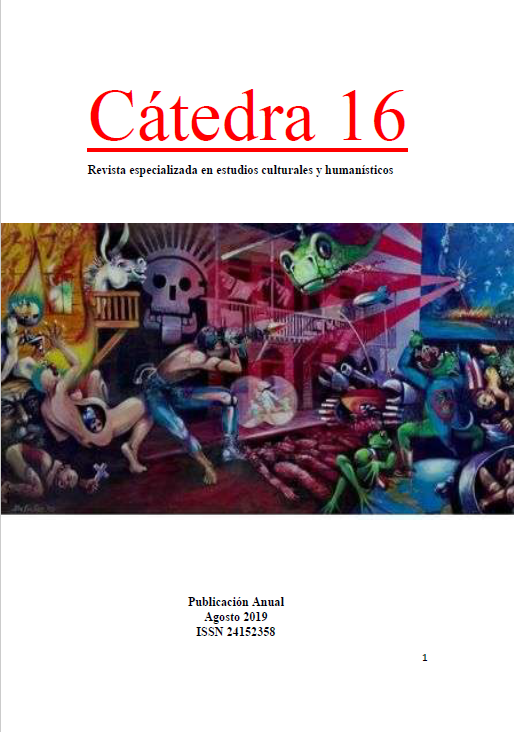

This article aims to examine the definition of civil disobedience in the Theory of Justice by John Rawls. For this analysis, it is necessary to know, previously, the principles of justice presented in his work, here are presented in general terms. The limits of this analysis are based on the principles of political obligation and duties as part of his theory. The proposal of Rawls examines the principles of this type of opposition to the law, also, its social and political role. In addition, the framework of this paper addresses the implications of the mentioned principles of duty and political obligation in a constitutional framework. The principles of justice in Rawls are fully related to his Theory of Justice. First, its application to political institutions, then, to individuals. For this purpose we consider necessary to define civil disobedience in Rawls. Furthermore, we are going to compare civil disobedience to other forms of protest, especially the civil disobedience splits of conscientious objector.